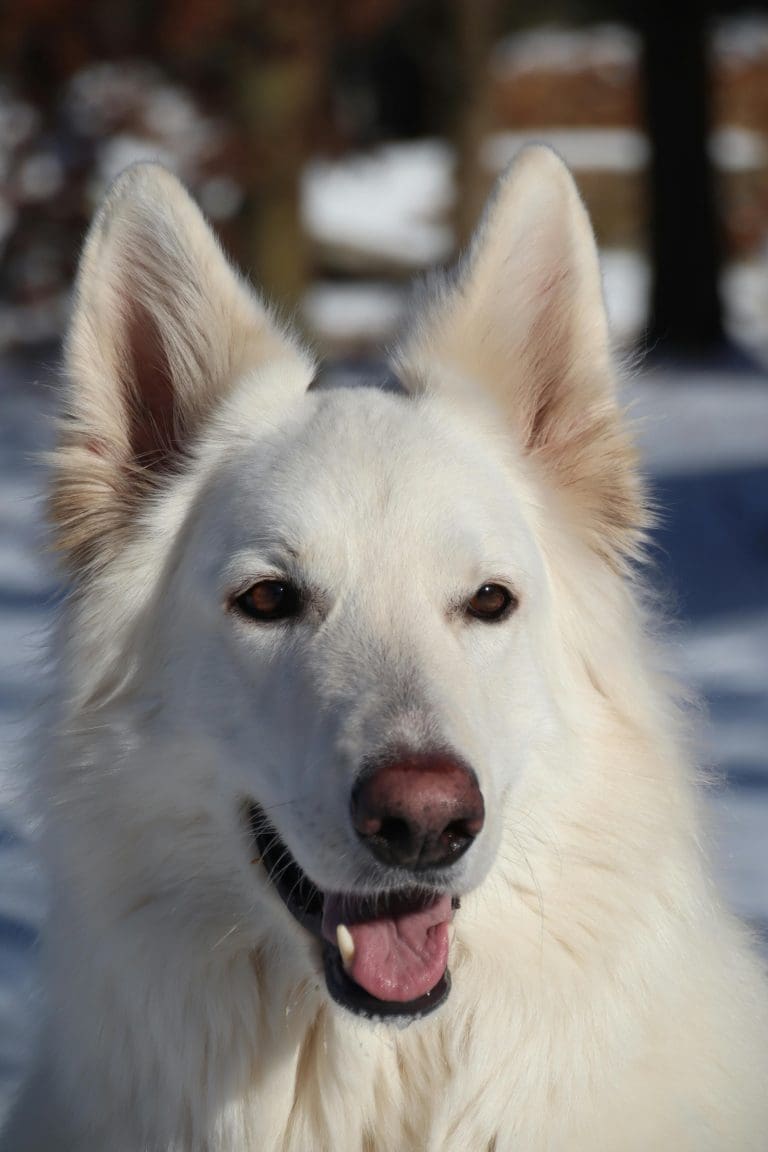What To Feed A Dog With Heartworms?
Post Date:
December 10, 2024
(Date Last Modified: December 13, 2024)
Caring for a dog diagnosed with heartworms can be both challenging and rewarding. Heartworm disease is a serious condition that primarily affects the heart and lungs, caused by parasites transmitted through mosquito bites. Providing the right nutrition is vital for supporting your dog’s immune system and overall well-being during treatment.
Symptoms and Nutritional Needs
Dogs suffering from heartworms may show symptoms such as lethargy, coughing, and difficulty breathing. These issues can impact their appetite, making it essential to offer a diet that is both palatable and rich in nutrients. A balanced diet high in protein, healthy fats, vitamins, and minerals is crucial for enhancing recovery.
Protein Sources
Lean meats like chicken, turkey, and fish are excellent protein sources that help repair tissues and maintain muscle mass. These proteins are particularly important for dogs that may have lost weight due to illness.
Healthy Fats for Energy
Incorporating healthy fats into your dog’s diet provides an essential energy source during recovery. Foods rich in omega-3 fatty acids, such as salmon or fish oil, can have anti-inflammatory effects and improve your dog’s overall health. These fats also contribute to the quality of their coat and skin, which can be beneficial when they’re not feeling their best.
Fruits and Vegetables
Fruits and vegetables packed with antioxidants can play a significant role in your dog’s diet during heartworm treatment. Options like blueberries, carrots, and sweet potatoes offer essential vitamins and minerals that support health. Gradually adding new foods is crucial, ensuring they are safe for dogs.
Importance of Hydration
Hydration is critical for dogs with heartworms, as they may become dehydrated, especially if they are not eating well or experience vomiting or diarrhea. Always provide access to fresh, clean water. Adding moisture to their food with low-sodium broth or wet dog food can help with hydration and stimulate appetite.
Foods to Avoid
Avoid processed foods, those high in sodium, and products containing artificial additives, as high sodium levels can strain the heart further. Always check labels and choose wholesome, natural ingredients. Be aware of any food sensitivities or allergies your dog may have and select foods accordingly.
Monitoring Appetite and Feeding Habits
During treatment, your dog’s appetite may fluctuate. Some may eat less, while others may seek more food. Monitoring their eating habits is essential. If your dog refuses to eat for more than 24 hours, consulting a veterinarian is crucial. They may recommend appetite stimulants or other interventions to ensure adequate nutrition.
Feeding Strategies
Offering small, frequent meals can be beneficial if your dog struggles with larger portions. Smaller meals may be easier for them to manage and can sustain energy levels. Consider using puzzle feeders or interactive toys to make mealtime more engaging.
Regular Veterinary Check-Ups
Regular vet check-ups are vital during this time. Your veterinarian can assess your dog’s nutritional needs and adjust their diet plan as necessary, monitoring their response to treatment and making recommendations based on progress.
Emotional Support for Pet Owners
Caring for a dog with heartworms can be emotionally taxing. Many pet owners face similar challenges, and connecting with others through online forums, support groups, or local pet organizations can provide valuable insights and encouragement.
The Path to Recovery
Heartworm disease is treatable, and many dogs can return to healthy, fulfilling lives after overcoming this illness. Focusing on nutrition is a vital aspect of supporting your furry friend through this challenging time. With patience, love, and the right diet, your dog can regain strength and vitality, becoming the happy, playful companion you cherish.






